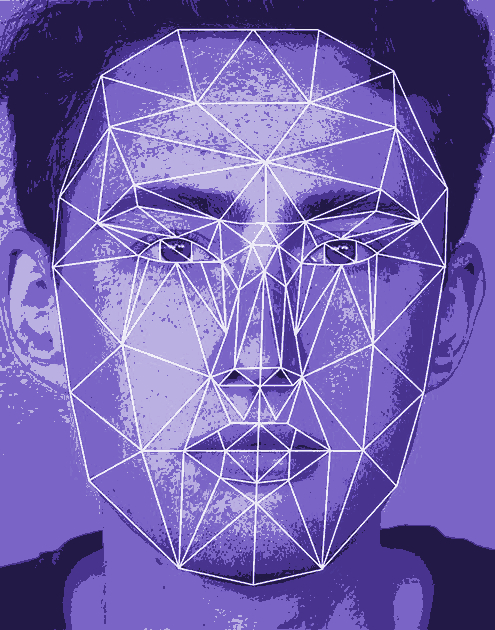US cops using scraped faces
 New reports show hundreds of US police departments are using a face recognition app described as “dystopian”.
New reports show hundreds of US police departments are using a face recognition app described as “dystopian”.
A New York Times article has revealed police forces are rushing to sign up for a program called Clearview AI, which offers facial recognition software that can identify a person that is not in police databases, often based on poor-quality images.
Clearview AI was developed by Australian entrepreneur Hoan Ton-That, who has been able to to sell the technology to US police forces.
The software uses a giant database of faces in images scraped from Facebook, YouTube, Venmo and millions of other websites.
Scraping images in this way violates the terms of most of the websites, but Mr Ton-That says “a lot of people are doing it”.
Over 600 law enforcement agencies have signed up to use Clearview in the past year, according to the company.
The software is already being used to solve crimes, including one instance where a criminal’s face was identified even though it only appeared in a mirror reflection of a gym selfie.
There are major concerns about the ethics and conduct of the company behind Clearview.
Reporters say they asked police officers to run their photos through the Clearview app, which prompted calls from company representatives asking if they were talking to the media. This suggests Clearview is monitoring who law enforcement is searching for.
The app also stores the sensitive photos that law officers upload to compare, making copies on the servers of a company whose ability to protect its data is untested.
One of the major investors in the technology has brushed off security concerns.
“I’ve come to the conclusion that because information constantly increases, there’s never going to be privacy,” investor David Scalzo said.
“Laws have to determine what’s legal, but you can’t ban technology. Sure, that might lead to a dystopian future or something, but you can’t ban it.”
Al Gidari, a privacy professor at Stanford Law School, said the revelation of this app is probably just the beginning.
“It’s creepy what they’re doing, but there will be many more of these companies. There is no monopoly on math,” he said.
“Absent a very strong federal privacy law, we’re all screwed.”







 Print
Print